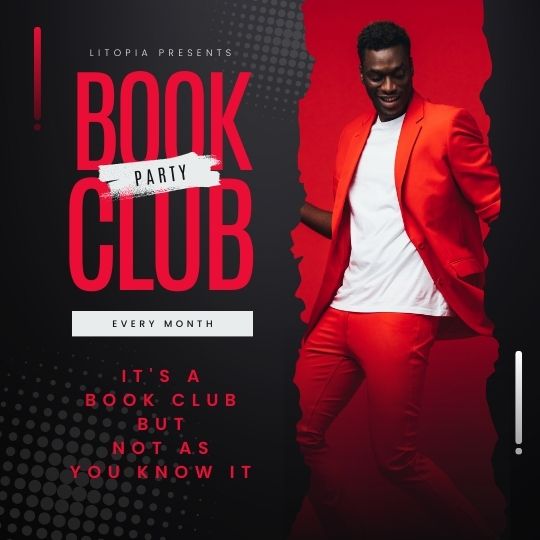I am writing in third party and have used italics to show internal thoughts of the MCs.
Recently I came across a discussion online where it was said this was not a done thing. In fact it was supposedly a novice mistake which any creative writing course would frown on and seek to stamp out imediately. Bit strong I thought especially as someone else said it was a normal thing to do.
So what is the situation? Anyone know?
Recently I came across a discussion online where it was said this was not a done thing. In fact it was supposedly a novice mistake which any creative writing course would frown on and seek to stamp out imediately. Bit strong I thought especially as someone else said it was a normal thing to do.
So what is the situation? Anyone know?




